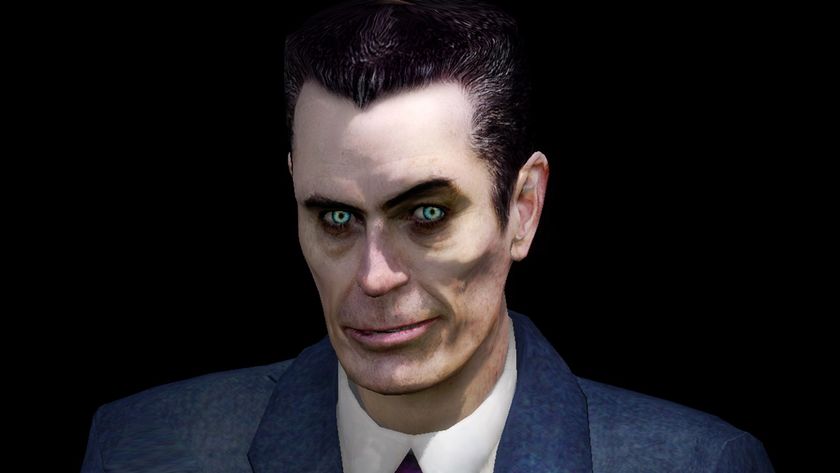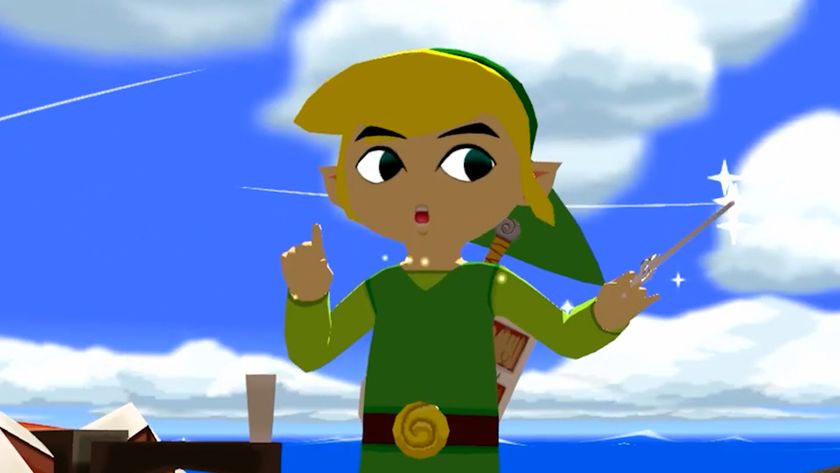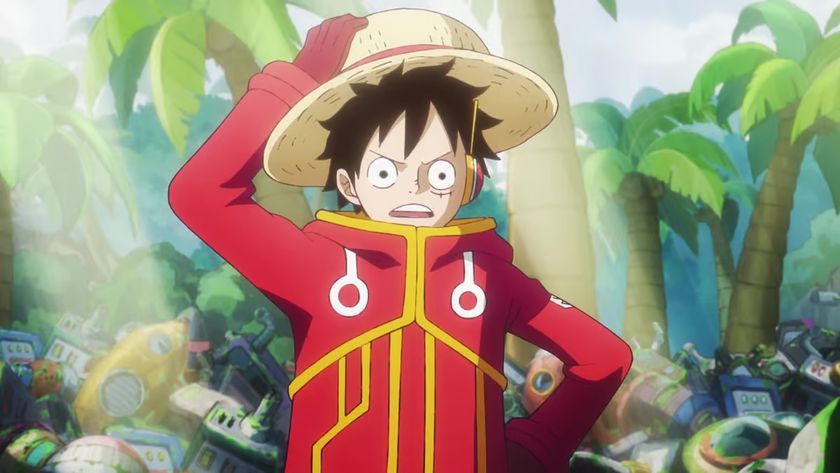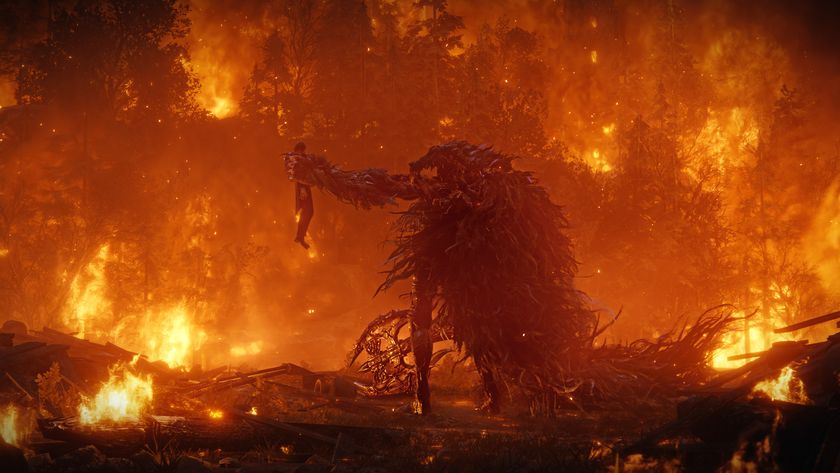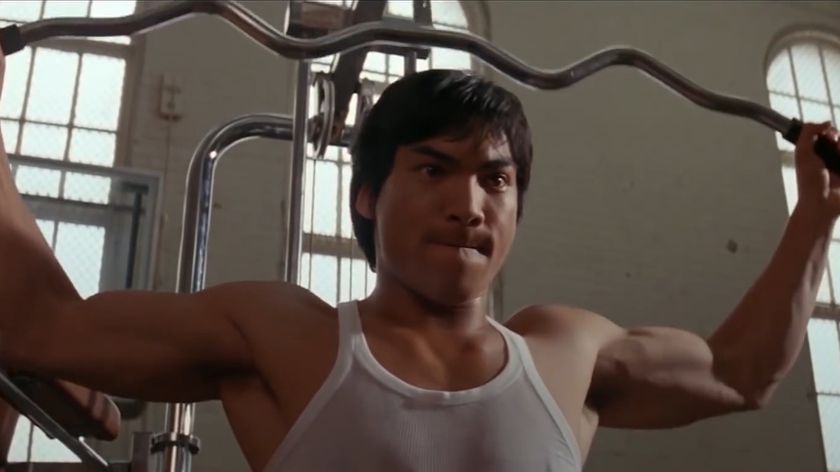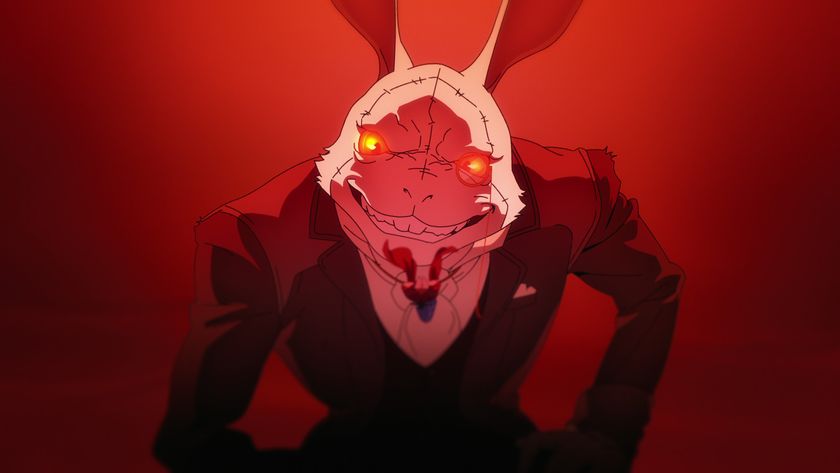"Paul's writing was so courageous..."
Matt Dillon lands his first ever Oscar nomination for playing a bitter, racist cop in Crash
It’s pretty obvious why you leapt at the chance to be part of Crash…
Yeah, I just immediately responded to the material. It was great writing. I knew this was going to be a controversial character but I don’t typically shy away from things like that. The thing that really impressed me was, I don’t think any character has more than five or six scenes in the movie and yet they’re all great. There are these huge arcs in the characters.
Your character's arc is particularly steep...
There’s no two ways about it, the guy’s a racist. He’s bitter, he’s got a chip on his shoulder and I think that’s pretty accurate to what we’ve seen in the news about certain people in the LAPD. This film explores the more personal nature of the character and his relationship with his father, and it gives us insight into where some of this bitterness comes from. I mean, it doesn’t excuse his behaviour but it gives him balance because most people aren’t bad.
Thandie Newton says the most difficult scene to film was the one where your character pulls her and her husband over…
It was so extreme that it kind of impressed me. It was a very courageous thing to write. I guess the hardest part for me in that scene was how far to take it; my natural instinct was to pull back. Paul Haggis encouraged me to push the envelope and really go for it because that scene is a catalyst for so much that happens throughout the film – the consequences and repercussions are felt by the other characters. These things rang true to me. I’ve had some difficult experiences in LA…
Experiences with the police?
Yeah, I was arrested for jaywalking when I was younger and it seems like the LAPD tends to use very aggressive tactics. For me, there are four people in that scene – there’s Thandie’s character, Terrence Howard, Ryan Phillipe and myself and my character is the only one I couldn’t identify with. The character is abusing his power, he uses his job as his power base but I really had to rely on the director for that. Paul Haggis was very specific with me. He gave me very specific direction and he reminded me that this might be the only area of his life that he has any control over because this guy is coming unravelled. It’s his disappointment and his frustration that triggers this. It’s bitterness and Paul reminded me that he never has to raise his voice – he’s in control.
You helmed City of Ghosts in 2002 – is that something we’ll see you doing more of in the future?
Yeah, I’d like to direct again and I’m developing stuff but I don’t throw my hat into the ring because I’m an actor for hire, not a director for hire. I think a lot of directors find themselves in a difficult situation because they’ve maybe done a film that takes four, five or six years and now all of a sudden, they have to jump in to something. They don’t have the financial luxury to just hold off to do their next film. As an actor, I can work and it’s much better financially, which is lucky. But I love directing and in many ways it’s more gratifying, you know, because it’s a director’s medium.
Sign up for the Total Film Newsletter
Bringing all the latest movie news, features, and reviews to your inbox
The Total Film team are made up of the finest minds in all of film journalism. They are: Editor Jane Crowther, Deputy Editor Matt Maytum, Reviews Ed Matthew Leyland, News Editor Jordan Farley, and Online Editor Emily Murray. Expect exclusive news, reviews, features, and more from the team behind the smarter movie magazine.
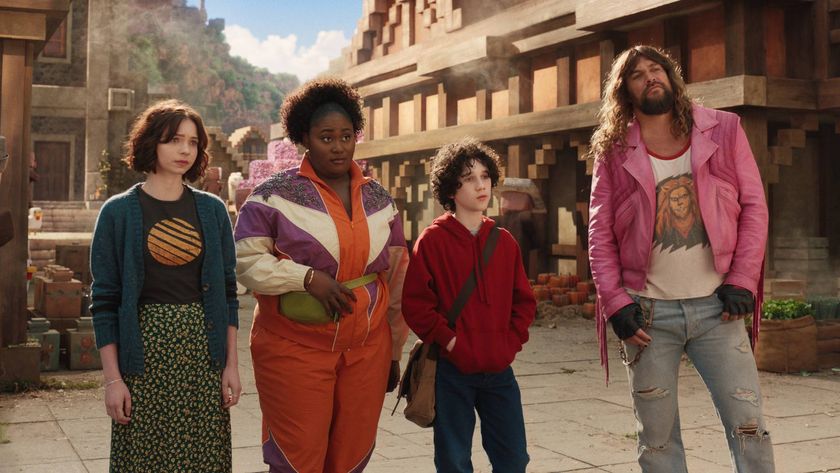
Watching A Minecraft Movie as an adult made me feel like my 13-year-old self playing the game for the first time
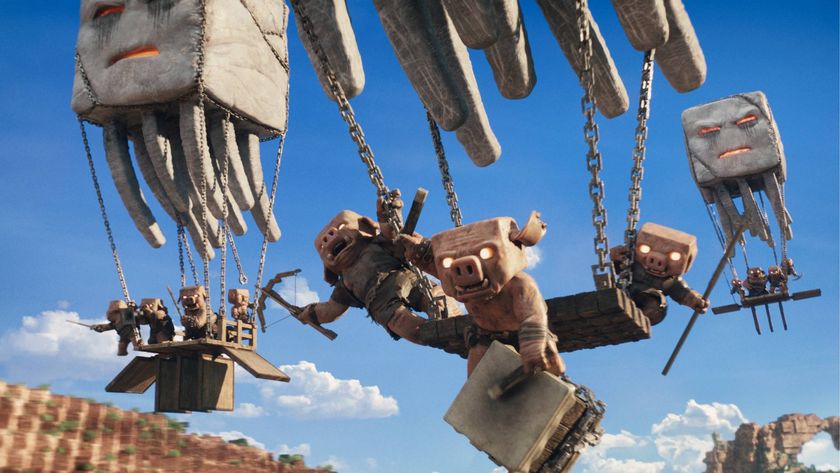
A Minecraft Movie director Jared Hess says he’s interested in making a sequel: "There are so many amazing mods and characters and biomes we haven't explored yet"
